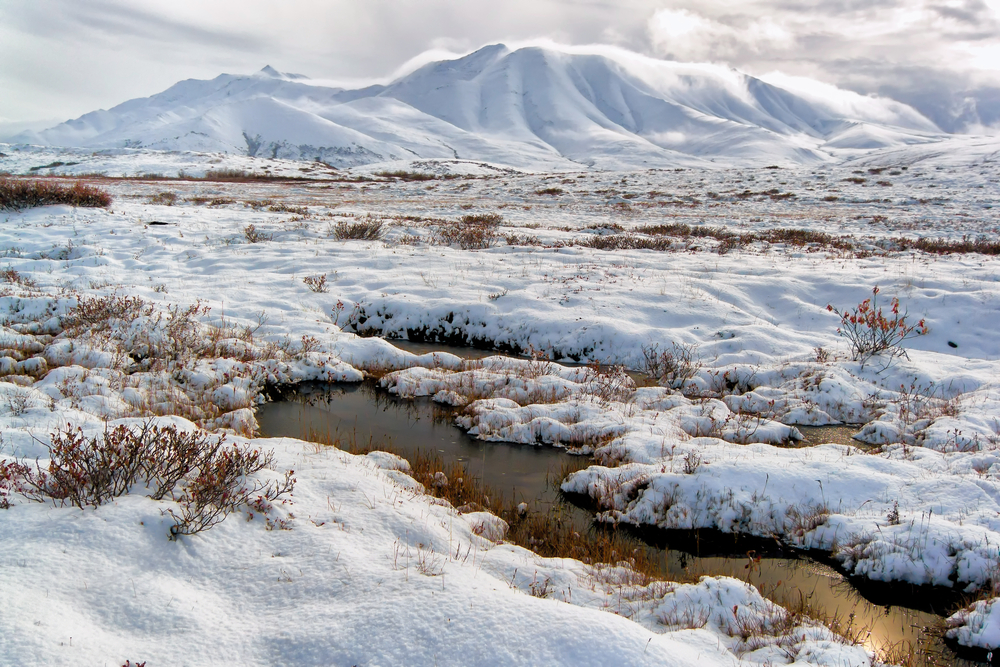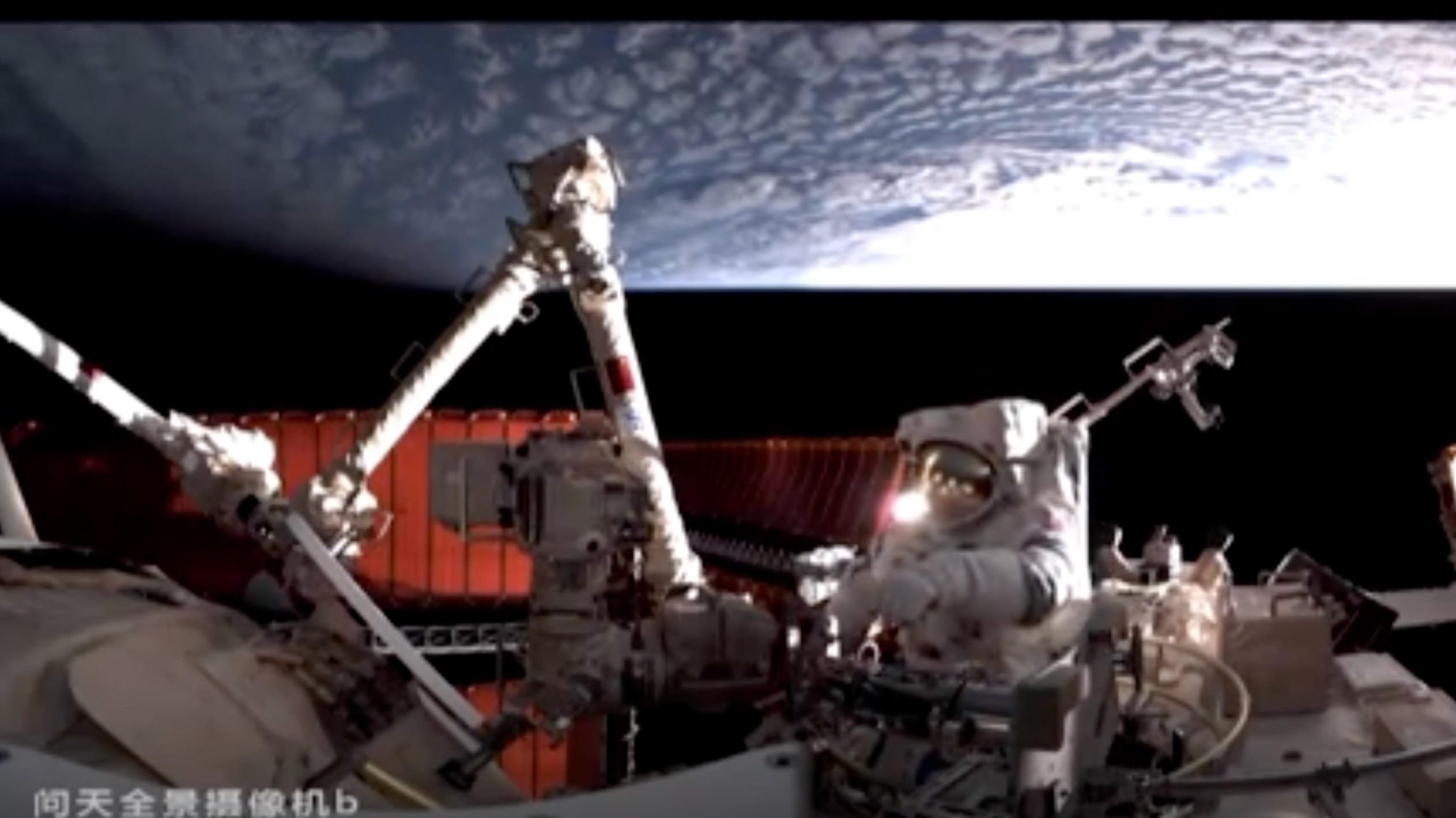Video: Day 1 of the USC “Censorship in the Sciences” conference
The video of Day 1 of our “Censorship in the Sciences” conference is up (and down below), and this baby is nearly seven hours long. Few people have the patience to listen to the first day’s sessions all at 0ne go, but I want to single out a few talks. The first is by Jonathan … Continue reading Video: Day 1 of the USC “Censorship in the Sciences” conference

The video of Day 1 of our “Censorship in the Sciences” conference is up (and down below), and this baby is nearly seven hours long. Few people have the patience to listen to the first day’s sessions all at 0ne go, but I want to single out a few talks. The first is by Jonathan Rauch, author of The Constitution of Knowledge: A Defense of Truth, an excellent book. His talk begins at 12:01, outlines how knowledge acquisition should work, and is quite eloquent.
Later, the four-member panel on “Examples of Censorship” gives a good account of how ideology has led to suppression of science. Luana introduces it at 2:43:26 and Lawrence Krauss kicks it off at 2:44:45 via Zoom. His examples are numerous and disturbing—and not just from physics. He pulls no punches, and even calls out America’s National Academy of Sciences (NAS), the most prestigious honorary organization of scientists in the U.S. It so happened that the NAS President (Marcia McNutt) was in the audience, and heard Krauss call out her organization for identity-based choosing of candidates for a supposedly meritocratic society (see 2:55:45). As Krauss shows, the NAS even admitted this explicitly in a quote from an executive of the organization, and it’s widely admitted by Academy members themselves. (Note that at the end of her later talk, at 4:39:30, President McNutt denies this. accusing Krauss implicitly of ignorance, but her own organization’s stated policies belie her words.) Finally, Krauss gives evidence that both the NSF and DOE have likewise been captured by ideology in their funding of grants.
If you want to hear about how indigenous peoples are preventing anthropologists and forensic scientists from studying relics likes bones and objects used by Native Americans, Elizabeth Weiss’s short talk in that panel, beginning at 3:23:43, gives a good idea. She has a new book about these issues.
I heard all the talks, and some of the others engaged me as well, but I’ve just mentioned the ones I enjoyed the most.
Here is the first day’s schedule (from here)
And here’s some of the press as detailed by Heterodox at USC:
Press Coverage
Censorship in the Sciences conference speakers call on peers to organize, defend free speech, writes Jennifer Kabbany in The College Fix.
Rauch’s opening speech highlighted surveys which found that almost half of Americans think that colleges have a negative effect on the country.
“It really is a crisis,” he said, adding a combination of factors are to blame, including students’ emotional fragility, the politicization of hiring, tenure and funding based on ideology, and a newer trend of academic journals refusing to publish findings that allegedly harm some communities.
Kabbany also covered Musa al-Gharbi’s presentation at the conference. Read that article here.
Alice Dreger, managing editor at the Heterodox Academy, wrote a recap on HxA’s Free the Inquiry Substack:
On the issue of censorship of research publication, many speakers at the conference objected to the idea that claims about potential harm to vulnerable populations should be used as a reason to stop, force changes to, or retract research reports. Some raised the question of the harms that arise from alleged-harm-reduction censorship–that is, the harms that arise from stopping valuable research out of fear of harm
In response to a Saturday morning presentation by Nature editor Stavroula Kousta, journalist Jesse Singal, also a speaker at our event, published a critique of some the ideas presented.
Conference organizer and panelist Lee Jussim wrote about the conference (and whether we should just burn academia down).
Panelist Jerry Coyne wrote several dispatches about the conference on his blog Why Evolution is True (which reaches nearly 75,000 readers).
Attendee Zvi Shalem wrote up his take-ways from the conference here.
Panelist Michael Bowen of Free Black Thought reflected on attending conference on his Substack.
Natalya Murakhver wrote about her experience debuting her documentary 15 Days at the conference.
Panel chair Abhishek Saha wrote up excellent Twitter threads (in real time!) detailing conference proceedings. Here is one on the first day of conference.
What's Your Reaction?










































